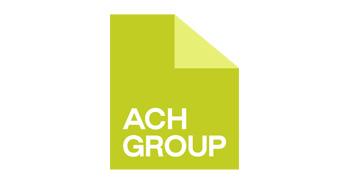Aged Care and Housing Group in partnership with Flinders University has been awarded an ARIIA grant for their ‘Engagement Matters: Supporting aged care frontline staff to engage meaningfully with people with dementia in a sustainable and effective way’ project.
This project supports frontline residential aged care facility (RACF) staff to engage meaningfully with people with dementia, in sustainable and effective ways. This project will identify appropriate existing resources/methodologies to train, support and mentor staff, adapt them where required, and codesign a coaching/mentoring program to support the translation of evidence-based training into practice in RACFs.
Training and supporting frontline staff in engaging with people with dementia leads to higher quality of care for residents and higher perceived self-efficacy for staff. In turn, this has the potential to improve staff motivation and job satisfaction, resulting in lower levels of staff stress and better opportunities to limit staff turnover and increase retention. Mentoring and coaching delivered by staff leaders promotes professional growth, organisational commitment, and the opportunity to build a sustainable team approach to person-centred dementia care.
This presents an opportunity to adapt and translate existing evidence-based training/education resources and knowledge into ‘business as usual’ in RACFs within the financial limitations typically experienced by aged care providers, and implementing an embedment model in frontline teams that can withstand the challenge of high/rapid staff turnover.

